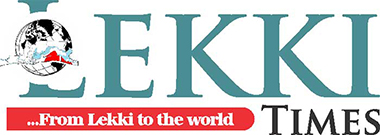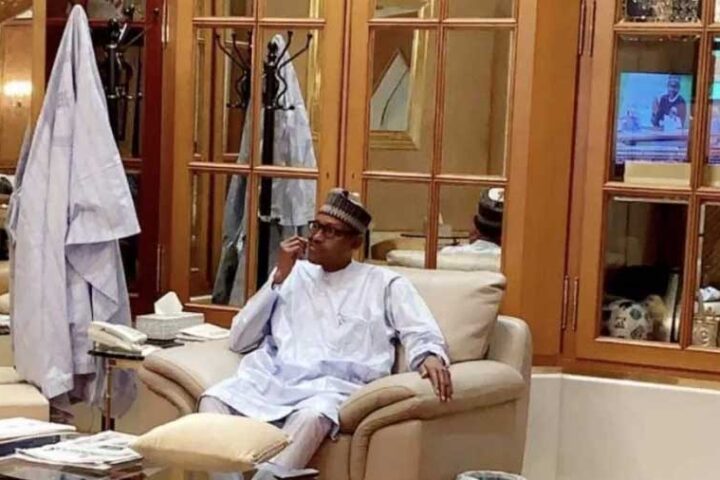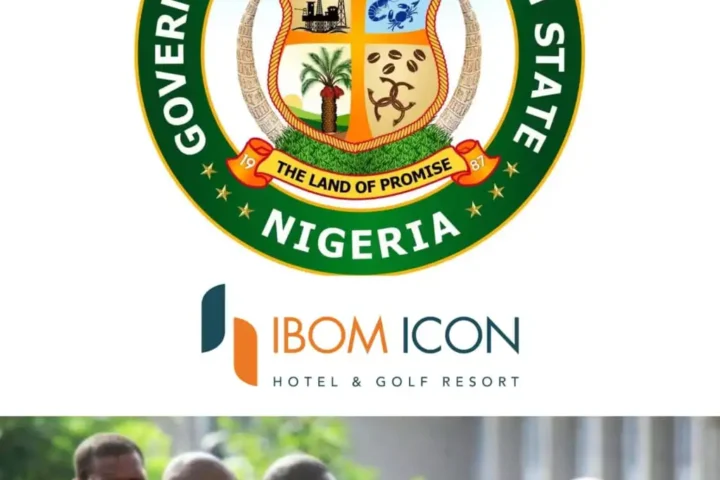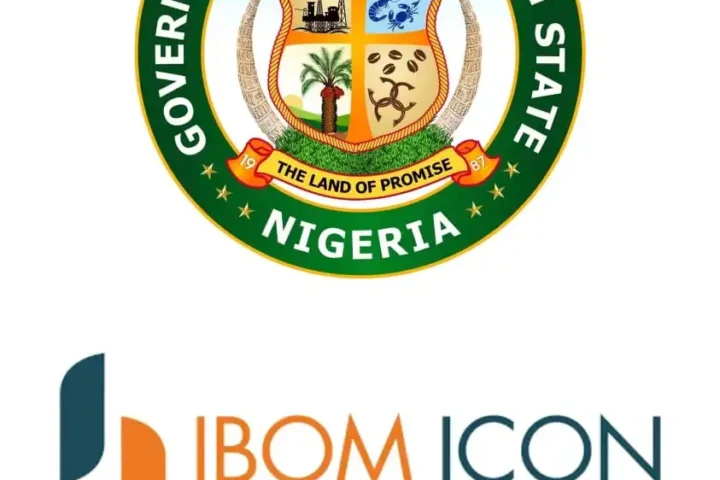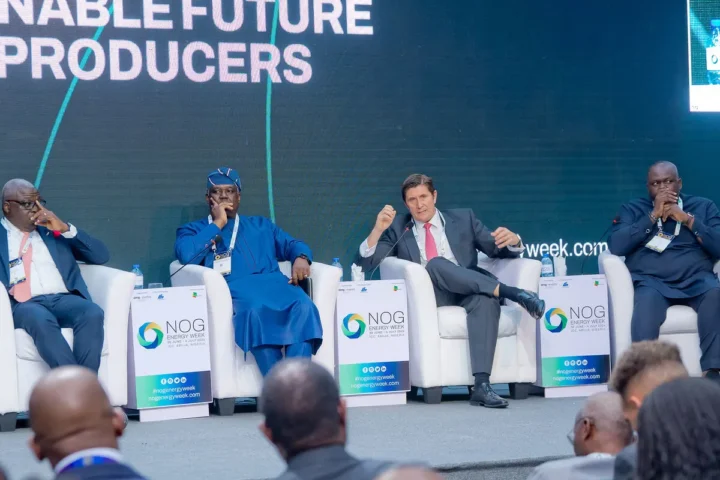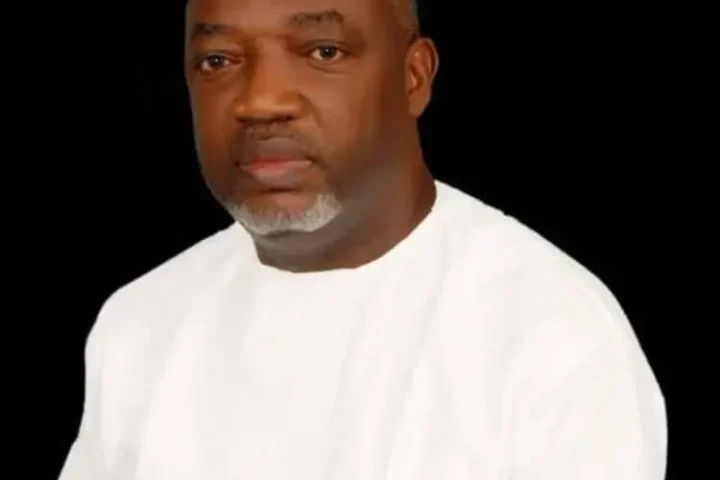With the deadline for the commissioning and eventual kickoff of activities at the Lekki Deep Seaport fast approaching it appears the federal government of Nigeria are putting finishing touches to administrative protocols required to ensure there are no impediments to the smooth take-off of the facility which is about 90% complete.
This is following the tripartite signing of concession agreement of customs operations in a deal facilitated by the Infrastructure Concession Regulatoty Commission (ICRC) between the Federal Government of Nigeria, Huawei Technologies (a Chinese company) and their Nigerian counterparts Trade Modernisation Project Limited with Africa Finance Corporation (AFC) as the lead financiers.
According to the terms of the agreement, the concessionaires are required to push modernization of the project for a period of 20 years within which their $3.2 billion dollars invested sum is expected to generated an estimated income of $176 billion dollars for the government.
In his address, Mr Michael Ohiani the Acting Director-General of the ICRC disclosed that the project, a presidential initiative on customs modernization attracted a Foreign Direct Investment (FDI) of over $3.2 billion dollars.
With all PPP processes successfully concluded, ICRC’s Full Business Case Compliance (FBCC) obtained, Federal Executive Council approval secured and the final vetting of the concession agreement by the Minster of Justice and Attorney General of the Federation, the parties exhibited readiness to execute the agreement and commence implementation of the project. The Ag. Director-General urged the concessionaire to ensure full implementation of the terms of agreement and in line with global best practices.
The chairman of Trade Modernisation Project Limited the main concessionaire of the Customs modernization project Alhaji Saleh Ahmadu reiterated the company’s commitment towards the project.
“As the concession period begins, we wish to assure Nigerians that the revenue target of $176 billion dollars for the Federal Government will be achieved, if not surpassed. More importantly, we are excited about the real economic benefits for the country, in terms of business growth for exporters and import-dependent businesses. Others are improved global supply chain, enhanced industrial capacity utilization and creation of employment opportunities” he said.
While explaining that the project was technology-driven, Ahmadu said there would be more efficiency in the business processes of the Nigeria Customs Service
On his part, Col. Hameed Ali the Comptroller-General of the Nigeria Customs Service commended the ICRC for their steadfastness in advancing the implementation of the project. He allayed fears that the implementation of a modernized and computerized service will lead to job losses, stressing that the NCS is under-staffed instead and will be requiring an additional 15000 officers for optimal operation.
In his words “Let me commend the ICRC, but for their steadfastness and tenacity we would not be here celebrating this project today. We are indeed grateful and your name is written in gold. We are happy to say that in Nigeria we are fully digitized and modernized, we are setting a pace for all other African countries to learn from.
There are rumors that this project is going to weed off officers, let me allay those fears: we are even in need of officers. We have only about 15,000 and by the mission of management we need nothing less than 30,000 to effectively carry out the mandate”.
According to him, the project is projected to quadruple the Service’s monthly revenue.
“As of today, we are making a collection of over 210 to 225 billion naira per month. It is our hope that by the time we put trade modernization in place we would triple this figure if not quadruple”
The CG expressed very high optimism that the Service will in no distant time invite Mr President for the flagging off of the project. He went on to plead the support of all stakeholders including staff of the Service, project partners and the media.
Sumaila Zuberu, who represented AFC’s Chief Executive reiterated the commitment of the AFC to the project noting that its success will be a reference point for the Customs Service in other African countries.
She expressed firm belief that the project will be quickly implemented even as she assured that the AFC remains committed to ensuring fund availability for the project.
The representative of Huawei Technologies Kevin Yang expressed his organization’s commitment to the success of the project assuring that Nigeria will benefit from the automaton process.
In his words
“I just want to express our commitment that we will make sure that all the deliverables to the facility and process automation including paperless customs are achieved”
Dr Jummal Umar-Ajilola the MD, TMPL said the concession agreement for the Service modernisation project signaled the importance the Federal Government attached to the role of trade in national development as Nigeria takes a giant leap to strengthen its readiness for global trade in the 22nd century.
“The rapidly changing human development needs and challenges of globalization require an agile national response.
The modernization process covers the entire operations of the Customs Service end-to-end, providing a value chain that creates an ecosystem that will facilitate trade not only in Nigeria but on the continent.
For us at Trade Modernisation, we see that 22nd century just dawned in Nigeria and the world has to follow us with this leap we have taken.
We are bringing in an initial investment of $3.2 billion dollars into this project.
The World Customs Organization is excited about what this means because if you have the Nigerian market, you have the African market and if you have the African market you have the global market.
Africa is over 1.5 billion strength and that kind of number is what we are looking at trapping in terms of trade.
It simply means that both the import and export processes would be made seamless, there would be accountability, leakage would be blocked and that means more revenue to the government” she said.
Umar-Ajilola went on to state that the project would create more job opportunities particularly for the youth.
“There will be a lot of opportunities and new professions will be created, young people will have jobs since they are the ones who drive technology.
This ecosystem would ensure job generation for the country which of course would lead to sustainable development”
The concession agreement which was sealed at the Customs Headquarters, Abuja was mooted and crystallized September 2020 when the Minister of Finance and National Planning, Mrs Zainab Shamsuna Ahmed announced the approval of the business deal by the Federal Executive Council (FEC).
This was despite strong opposition to the project especially by stakeholders who feared concession of the modernization project to third parties especially the Chinese and their Nigerian collaborators was tantamount to willing away Nigeria’s common patrimony to foreigners.
They had argued that with the right orientation and attitudinal change, the personnel has all it takes to drive whatever modernization project of the Service.
Hon. Jerry Alagboso, a retired Customs chief and one time member of the House of Representatives had then rallied the National Assembly against the move.
In the light of developments and happenings surrounding the commissioning and grand opening of what will be by far the largest Seaport in Nigeria a lot of questions beg for answers.
Will the Customs modernization project truly facilitate trade and ensure the much touted 24 hours cargo clearing is achieved?
With revenue generation at the core of its operations, what guarantees are there that the Customs modernization process will not further improverish Importers who have continuously accused the Nigeria Customs Service of incessant introduction of draconian policies designed solely to increase revenue for the government at their own detriment?
Just like the AU Secretariat built and donated by the Chinese government only to be discovered much later that the entire building was bugged and wiretapped such that all communications are recorded and transferred real-time via satellite in Beijing, what’s the guarantee that this project won’t be exposing the nation’s economy to unnecessary external influences?
These and many more are questions on the lips of stakeholders who have never hidden their objections to this project that is largely considered a drain pipe by few individuals to milk Nigerians.
Whatever the case, the die is cast and as events unfold speculations will give room for real stories to be told.
Additional reports from Eye Witness News. Here is another story you would like in Lekki Times.
